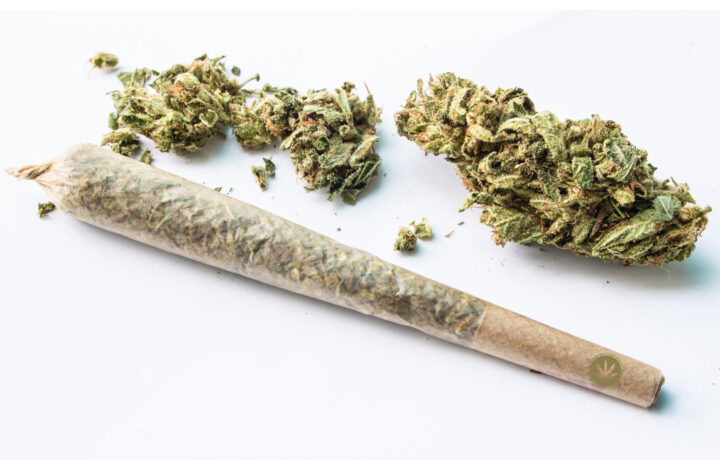In a historic shift, cannabis may soon be reclassified by the federal government, moving from its current status as a Schedule I drug to a less-restricted Schedule III drug. If this happens, cannabis will officially be deemed less dangerous than drugs like heroin and LSD, marking a significant change in how it’s viewed at the federal level.
But what does this mean for those holding or seeking a security clearance? Let’s break down what the move to Schedule III could mean—and more importantly—what it doesn’t change.
The Long Road to Cannabis Rescheduling
Cannabis has had a complicated history in the United States. Once a common medical treatment in the 1800s, it was criminalized in 1937 under the Marihuana Tax Act. Since then, many states have legalized medical or recreational marijuana, but federally, cannabis remains classified as a Schedule I drug, considered to have a high potential for abuse and no accepted medical use.
That’s why the potential rescheduling of cannabis to a Schedule III substance has garnered so much attention. In 2022, President Biden formally requested a review of cannabis’ federal status, sparking a process involving the Department of Justice, the Drug Enforcement Administration (DEA), and the Department of Health and Human Services (HHS). While HHS found credible scientific evidence supporting the medical use of cannabis—particularly for conditions like chronic pain—the DEA will make the final decision.
What Cannabis rescheduling Won’t Do
While this change is monumental in many ways, it’s essential to understand what it won’t do. Rescheduling is not descheduling. Cannabis will remain federally regulated, and it won’t suddenly become available over-the-counter at your local grocery store. Researchers and businesses will likely face fewer administrative hurdles, and tax implications for the cannabis industry could change, but for the average American, things won’t look too different.
For clearance holders, this is a critical point. Regardless of rescheduling, federal employees and security clearance holders are still bound by federal law. And under that law, any illegal drug use—including marijuana—remains a potential clearance-killer.
The Rules Clearance Holders Must Still Follow
As a member of the security clearance community, you must adhere to the federal standards that apply to drug use, no matter what individual states may allow. Even if cannabis moves to Schedule III, it doesn’t mean clearance holders are free to use it.
Cannabis use has always been a concern for adjudicative guidelines, particularly under the criterion of Drug Involvement and Substance Misuse. Here’s why:
1. Legal vs. Illegal
Under federal law, marijuana remains illegal. While rescheduling would make it a less dangerous drug in the eyes of the government, it’s still prohibited under Executive Order 12564, which mandates a drug-free federal workforce.
2. Policy Impacts
Agencies like those at Aberdeen Proving Ground have already clarified their stance following state-level legalization, emphasizing that cannabis use is incompatible with clearance. Federal employees must still adhere to federal law, regardless of the status of marijuana in their home state or the nation’s evolving legal landscape.
3. National Security Risks
Adjudicative guidelines stress that drug use could make clearance holders vulnerable to blackmail, coercion, or pressure—clear national security risks.
If you’ve used marijuana recently, even in a state where it’s legal, it can still affect your clearance process. The move to Schedule III won’t erase previous use from your record, nor will it change the government’s stance on substance misuse in the security clearance process.
Why This Matters Now
There’s a growing trend of replacing alcohol with cannabis for recreational use. But for those in the clearance community, this isn’t an option—at least not without serious career repercussions. With the potential rescheduling of marijuana, the national conversation around cannabis use is evolving. It’s more critical than ever to stay informed and be mindful of how personal choices can impact your eligibility for a security clearance.
At the end of the day, it’s clear that rescheduling marijuana is a step toward legitimizing its medical use at the federal level, but it doesn’t provide a green light for clearance holders. As long as marijuana remains illegal federally, you must adhere to the guidelines set forth by the government to protect your career and our national security.
Further Reading:
- What Marijuana’s Move to Schedule III Could Mean for National Security Workers
- Maryland’s Marijuana Move: Aberdeen Proving Ground Clarifies Cannabis Policy
- Yes, Your Marijuana Use Is Still Relevant in the Clearance Process
Stay informed, stay compliant, and remember—rescheduling doesn’t mean you’re in the clear!




